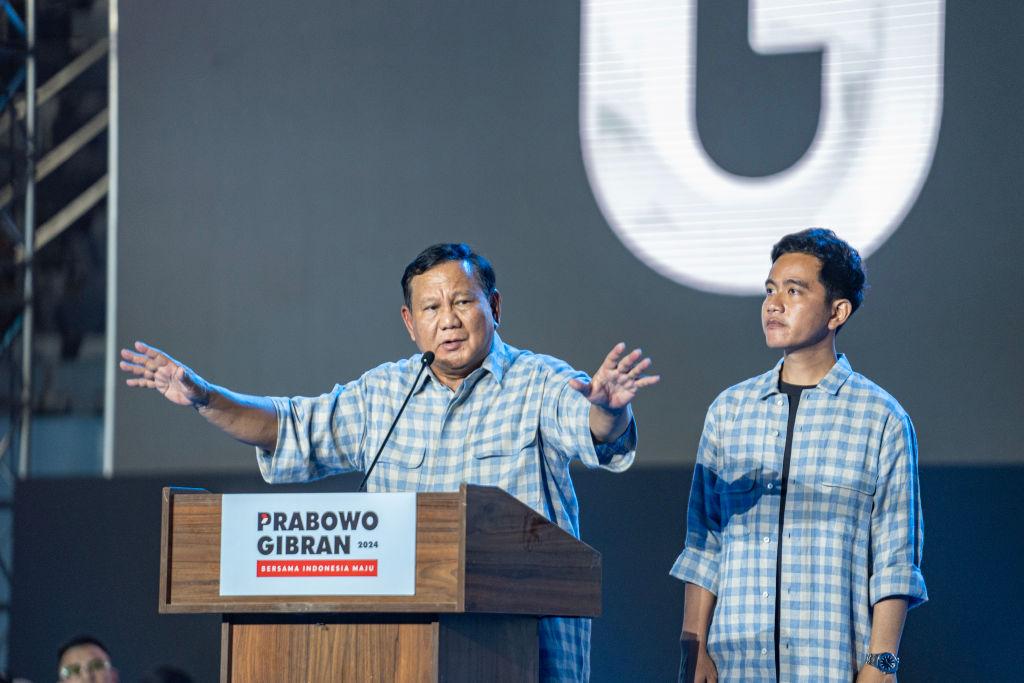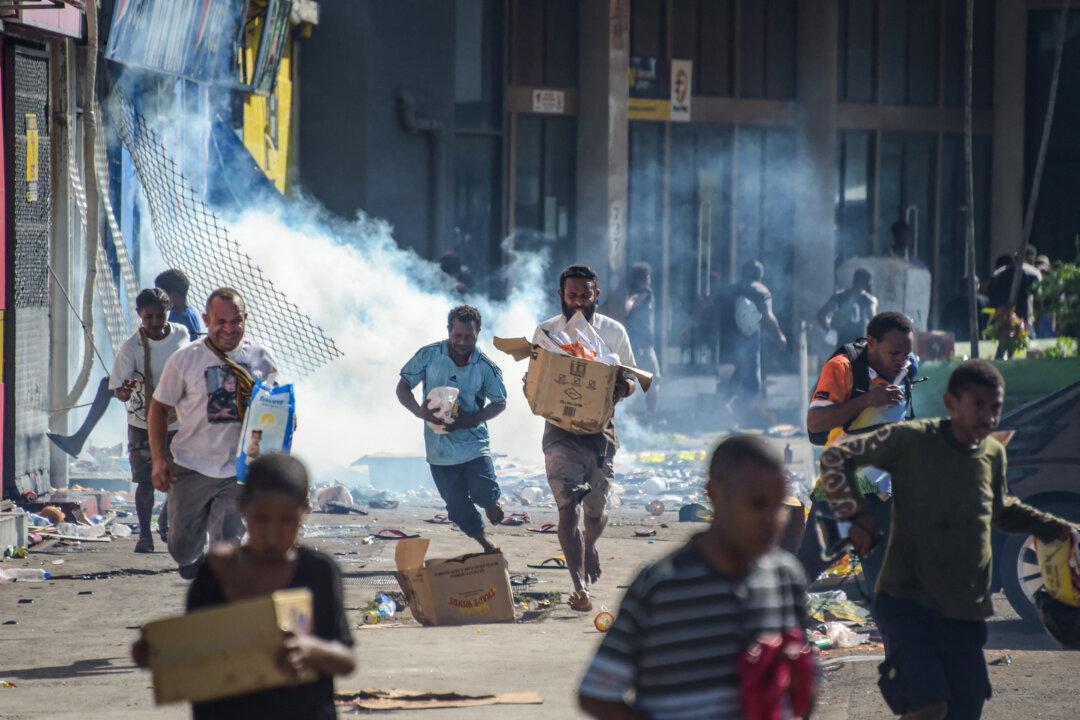East Timor’s President Jose Ramos-Horta said the country has not engaged in discussions regarding military cooperation with China as part of its efforts to enhance diplomatic relations.
In a media statement on Sept. 29, he emphasised that Australia and Indonesia need not worry, as East Timor (also known as Timor Leste) does not pose a security threat to its neighbouring countries.




